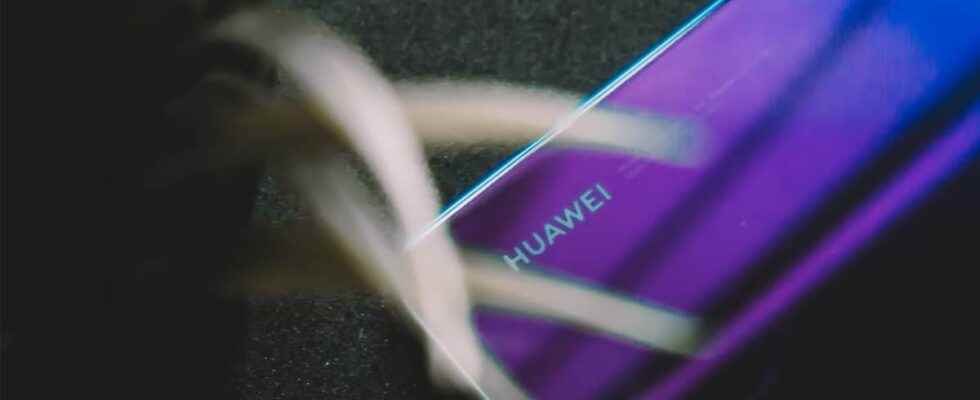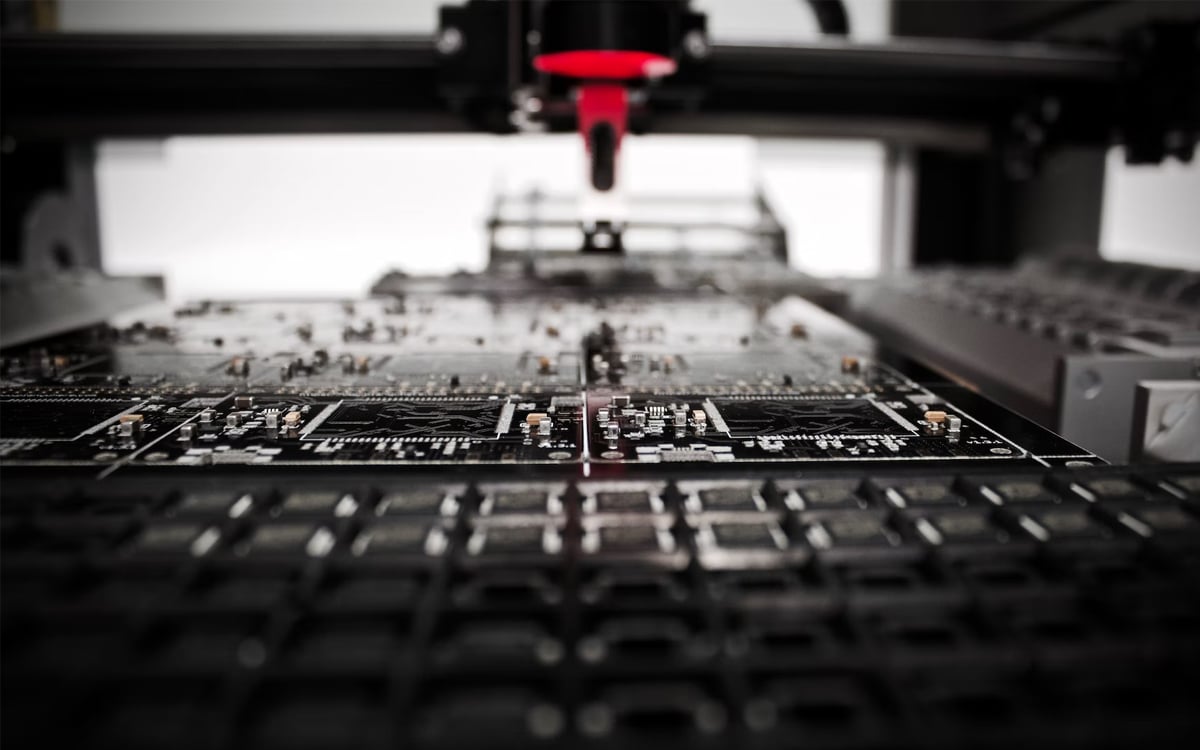A mysterious Chinese start-up could allow Huawei to get its head above water after the restrictions imposed by the American administration in 2019. Indeed, this new factory could serve as a supplier of record for the manufacturer, allowing it to obtain the precious components that he needs for his devices.
Since 2019, Huawei has been subject to an unprecedented American embargo in the tech world. The manufacturer is no longer allowed to buy components from companies located in the United States, nor to use services such as those of Google and, therefore, Android. The firm has suffered enormously in these restrictions, although its fall predicted by some has not yet taken place, in particular thanks to the unexpected development of HarmonyOS.
The fact remains that its turnover has suffered from it for a long time, for lack of being able to build its devices in sufficient quantity – which the shortage of components has of course not helped. The challenge for Huawei today is therefore to succeed in obtaining enough components to reverse the trend, while circumventing American restrictions. A problem that could well be solved by a small Chinese start-up.
PXW, the start-up that can change everything for Huawei
Pengxinwei IC Manufacturing Co. This is the name of this company located in Shenzhen, where Huawei’s HQ is also located. PXW, for short, is targeting chip manufacturing, according to its recent construction equipment orders surveyed by Bloomberg. A particularly interesting objective for Huawei, especially since the firm is led by a former executive.
Related — Huawei: China Mocks US Sanctions in Bizarre James Bond Spoof
According to some anonymous sources, the Chinese manufacturer is already planning a large part (some even claim that it will be all) of the production of PXW. The latter should start in the first half of 2023. As expected, such a turnaround has not gone unnoticed by the US administration, and in particular the Office of Industry and Security. (BIS).
“BIS is constantly on the lookout for efforts to circumvent export controls, including those related to Entity List parties like Huawei, and uses open-source, proprietary and classified information to substantiate and then , where applicable, apply our administrative or criminal law enforcement tools as well as our regulatory tools to deal with violations,” said a spokesperson on the matter.
Can PXW really save Huawei?
That being said, not everything will be so simple for Huawei and PXW. If the start-up has the explicit goal of supplying the Chinese giant with components, it will be very severely limited by American restrictions, which will not change much of the problem. He will then have the option of opting for other suppliers like ASML Holding NV and Tokyo Electron Ltd. But, here again, the American administration could interfere with the operations.
Another problem darkens the picture. According to Bloomberg, PXW plans to manufacture chips using 14nm and 7nm etch processes. These would therefore lag behind the competition in a few years, Samsung notoriously planning to switch to 3 nm by 2027. Then comes the other part of Huawei’s plan: investment.
Since the embargo was put in place, the Chinese government has poured tens of billions of euros into the computer industry, with the aim of creating companies capable of competing with foreign processors. Huawei has also joined the effort by investing on its own in more than forty similar companies, according to a report from Berenberg Bank.
“Although Huawei does not have a production plant at the moment, it is going to be one of the most important companies in driving China’s semiconductor industry due to its products in end markets such as networking, artificial intelligence computing, cloud, smartphones, IoT and automotive »explains Tammy Qiu, an analyst at Berenberg.
Source: Bloomberg

